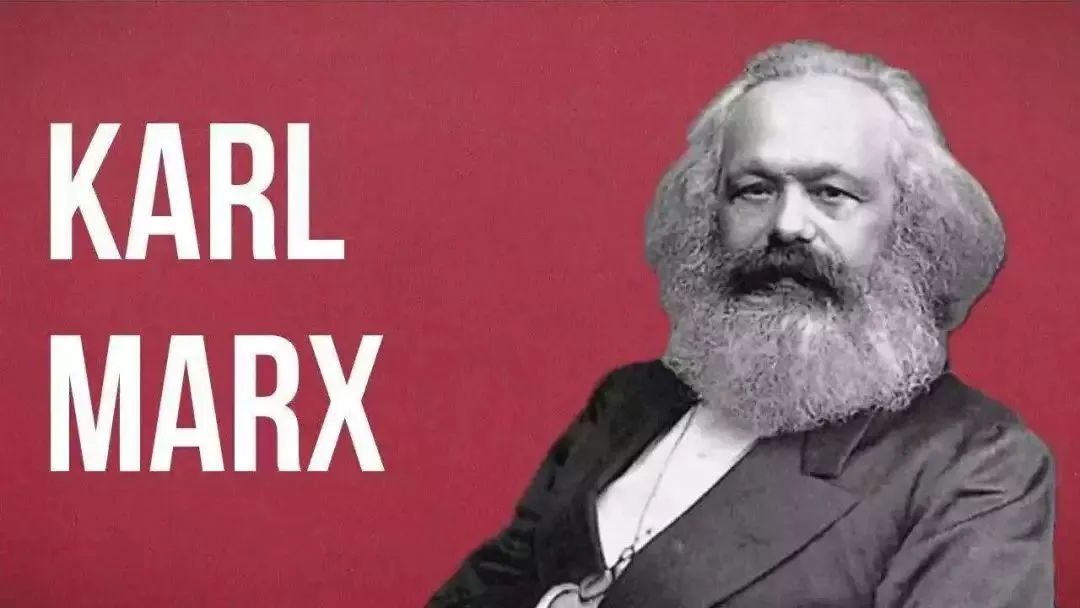李义天:Moral Pluralism | 马克思主义与伦理学
摘要: and moral relativism.The moral pluralism of Marx and Engels claims that there exist plural and diverse moralities in human societies, 马克思与恩格斯的著述在道德伦理立场上的复杂性一贯是马克思主义伦理学研究中的争议焦点, or equally not goo...
伦理与公共性编者按:
马克思与恩格斯的著述在道德伦理立场上的复杂性一贯是马克思主义伦理学研究中的争议焦点。李义天教授发表于荷兰阿姆斯特丹大学Krisis杂志上的这一文本,以道德普遍主义、道德相对主义、道德一元论、道德多元论等概念为交互经纬,于简明扼要的话语中打开了一种理解、辨析、评价马克思主义道德伦理立场的可能视域。为保障原文原旨,本号本期于“马克思主义与伦理学”板块原样转载此文,以飨读者,以期琢磨。

Moral Pluralism
Li Yitian
Marx and Engels were not moral philosophers, but they had a unique and firm point of view about morality, which would today be understood as moral pluralism. It provides a distinctive analysis and interpretation of morality, which distinguishes itself explicitly from moral monism, moral universalism, moral particularism, and moral relativism.
The moral pluralism of Marx and Engels claims that there exist plural and diverse moralities in human societies, rather than one single or simple morality. There are therefore various moral phenomena, moral opinions, moral principles and forms of moral knowledge in human history and in the world today. These are distinctive and differ from one another so dramatically that they cannot be reduced to, or depicted as the representatives of, one morality. Accordingly, moral plurality appears not only as the divergence of morality among different nations or ages-as Engels says in Anti-Dübring:“the conceptions of good and evil have varied so much from nation to nation and from age to age that they have often been in direct contradiction to each other ”,but also as huge moral gaps between, and even serious moral conflicts among, different classes or social groups in the same nation or age. That is why Marx, in The Critique of the Gotba Program, raises the following set of inquisitive questions: “What is ‘fair’ distribution?Do not the bourgeois assert that present-day distribution is ‘fair’?And is it not, in fact, the only ‘fair’ distribution on the basis of the present-day mode of production? [...] Have not also the socialist sectarians the most varied notions about ‘fair’ distribution?” If moralities in human societies are plural and diverse, rather than being one eternal morality, as Marx and Engels maintain, then it is impossible for people to come to a complete and comprehensive moral consensus in a class society; and also impossible to find or construct any universal moral principles in the current global system based on nation-states.
According to Marx and Engels, there are no natural or eternal moral conceptions and claims at all. Those moral ideas or theories which used to be thought of as universal and absolute ones, such as justice, equality, property, and rights, are actually either representatives of class interests or products of transient and impermanent historical phases. Moral imperatives such as “Thou shalt not steal”, which seem to survive all ages, will disappear in a classless society without private property.
According to Marx and Engels, the plural and diverse moralities in human societies are not particularistic. Of course, from the perspective of Historical Materialism, the morality in a certain society which is regarded as the product of its existing economic relations and social structure, is a particular one that has been growing and functioning locally. While in a class-divided society any morality of a class is suitable only for the class itself and can be interpreted as a particularity, as an ideological form it always strives to be universal and to be accepted and recognized by all social classes. In this sense the morality of a class society is a particular one, but not a particularistic one. Moreover, for Marx and Engels, the class society was still open to the possibility of a non-particular morality, because they believed that the proletarian morality contained revolutionary forces and future orientations, which would historically endure. When and only when a society “has not only overcome class antagonisms but has even forgotten them in practical life”, “a really human morality which stands above class antagonisms and above recollection of them becomes possible”. According to the moral pluralism of Marx and Engels, morality in human societies is plural and diverse, without giving rise to relativism. It is a common mistake to interpret moral pluralism as moral relativism. One of the reasons for this confusion is that both concepts take the diversity and variety of morality for granted and place emphasis on them. However, in contrast to moral pluralism, moral relativism makes the additional claim that the various moralities are incommensurable and cannot be compared effectively to show which are better or worse. In this way, it is natural for moral relativism to assert that all moralities in human societies are equally good, or equally not good. But Marx and Engels were not moral relativists because they would not accept this assertion. According to their Historical Materialism there are plural moralities in different societies or ages, but there is only one dominant morality in each society or age, that which is established within its specific historical and local perspective. This means that the diverse moralities and their social backgrounds cannot be valued with equal weight, since the advocators for any specific morality have to stay within that one moral standpoint. For Marx and Engels, morality is not an independent idea or view, but one of the social phenomena in the superstructure that are based on relations of production and developments of the forces of production. Against this background the dominance of some kinds of morality can be justified by the progressiveness of their economic base and social background. In this sense, a capitalist morality may be argued by the bourgeoisie as being better, while a socialist morality would be championed by the proletariat; however, the real foundations determining which is better are not actually derived from these different arguments, but from the different modes of production represented and supported by them. From a Marxist perspective, there are rational grounds for seeing the proletarian morality as prior to the bourgeois one, and the socialist morality as prior to the capitalist one. There is, therefore, no space for any kind of relativism within the Marxist framework.
In the contemporary debate, moral monism and universalism are difficult to justify when encountering plural moral phenomena and facts in modern societies, and most people are not prepared to accept moral relativism or particularism as it does not contribute towards making a moral consensus in a global era. Therefore, new explanations have to be found for understanding the ways in which human morality exists. As a description and interpretation of morality, moral pluralism not only refutes moral monism and universalism, but also moral particularism and relativism. It is possible for us to accept moral pluralism and, at the same time, show our morality as being better, as long as we unite in solidarity with the class which represents the progressive mode of production.
作者简介
李义天,清华大学马克思主义学院教授、博士生导师,教育部“长江学者奖励计划”青年学者。
文章来源
本文完整全文载于Krisis;Amsterdam Iss.2,(2018).为便于阅读,我们于此处省去了原文中的注释和参考文献。如需引用该文,请务必查校期刊原文。
责任编辑:张伟东




